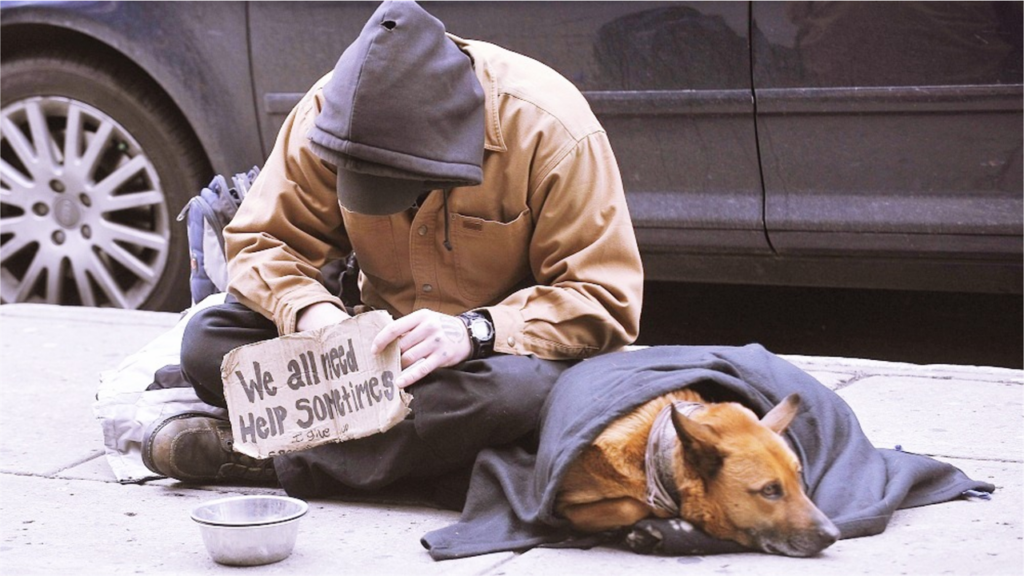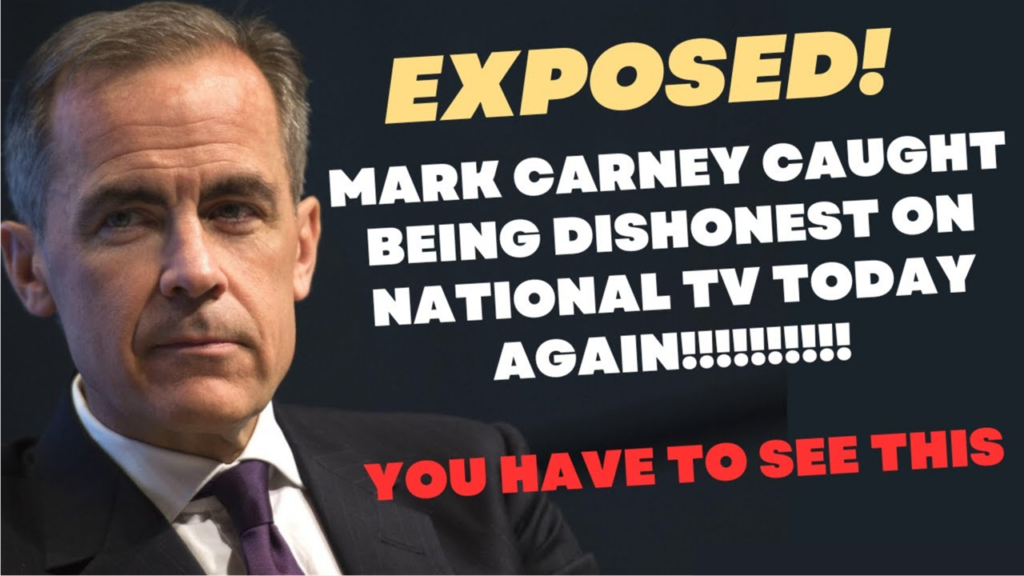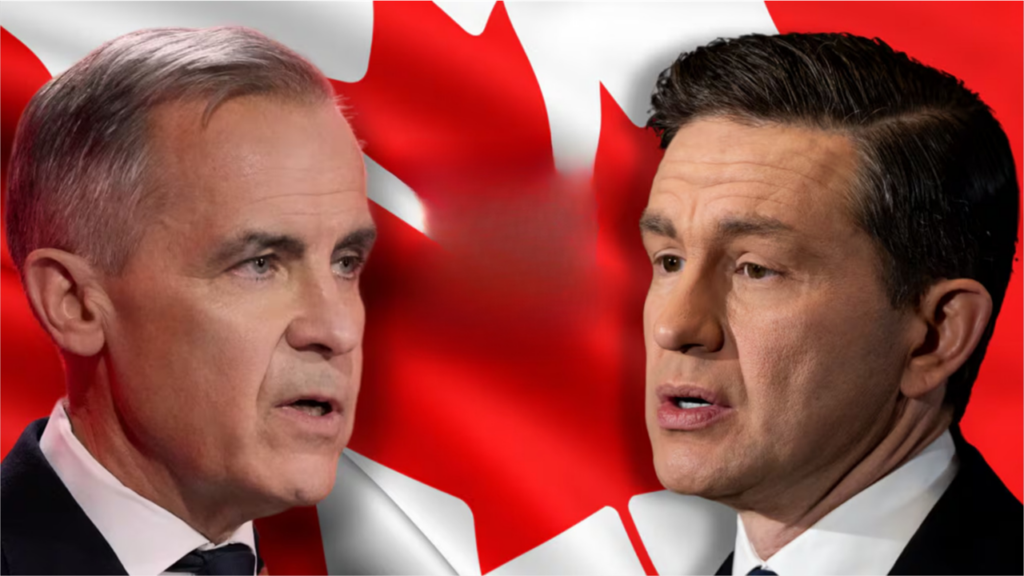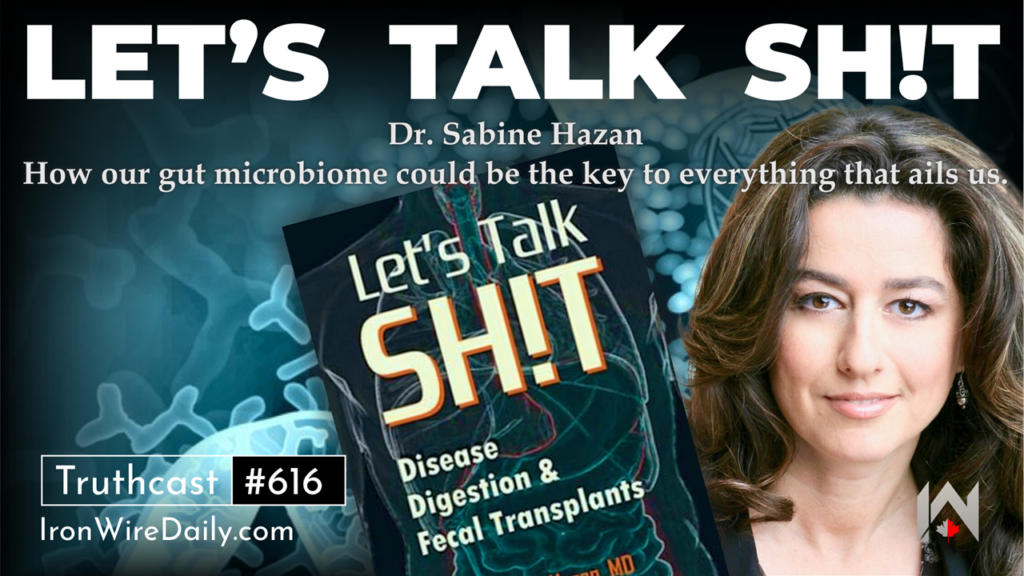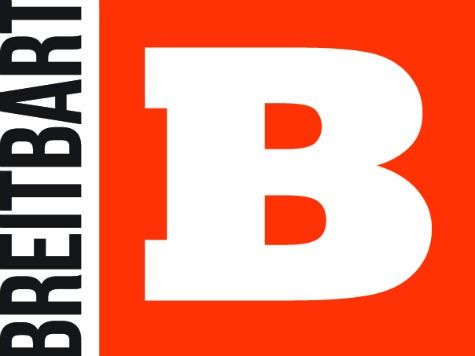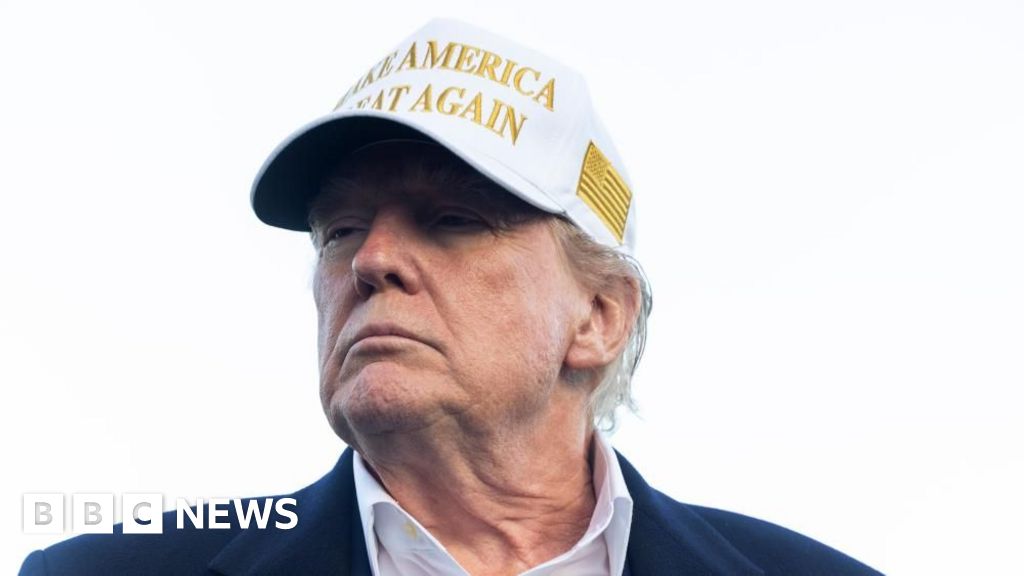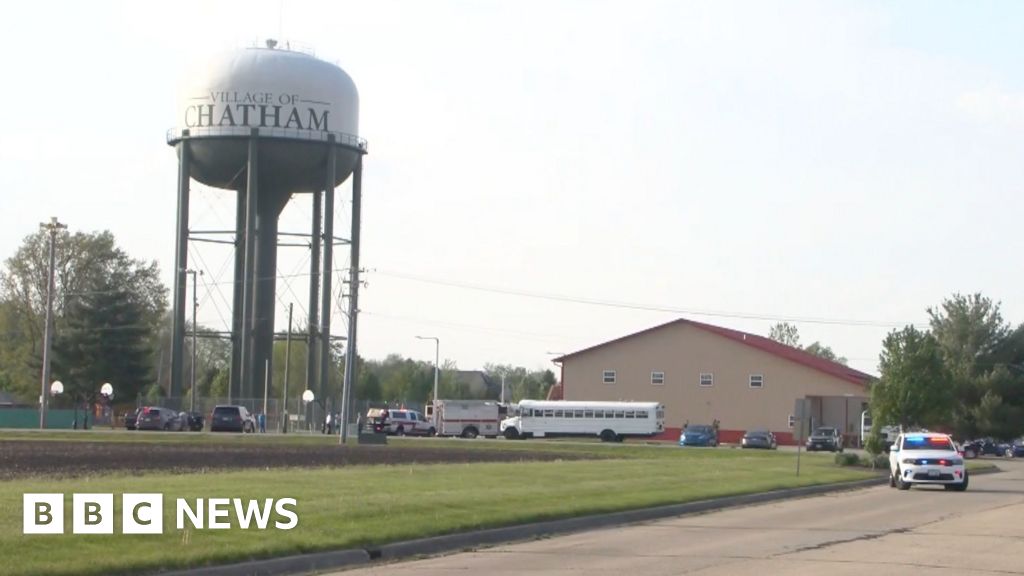Lawsuit Alleges Maryland Man With Diabetes Became Blind After Taking Ozempic + More
Source: Children’s Health Defense
Lawsuit Alleges Maryland Man With Diabetes Became Blind After Taking Ozempic
A Maryland man who took Ozempic and then became legally blind is suing the drug’s manufacturer, arguing it had an obligation to warn patients that loss of sight could be a possible side effect. Todd Engel, 62, was prescribed Ozempic in 2023 to manage his Type 2 diabetes. The lawsuit said about four months later, Engel was diagnosed with nonarteritic anterior ischemic optic neuropathy, or NAION, a condition in which a loss of blood flow to the optic nerve causes sudden and irreversible vision loss.
NAION occurs in up to about 10 out of every 100,000 people over age 50, according to the American Academy of Ophthalmology. Ozempic and others in the same class of drugs, called GLP-1s, were designed for Type 2 diabetes and have become wildly popular for weight loss in recent years.
Some studies have indicated that patients prescribed semaglutide, the active ingredient in Ozempic, for diabetes or weight loss may be at increased risk of developing NAION. Experts say while evidence is growing that there is an association between Ozempic and NAION, it’s still too early to know definitively if semaglutide raises the risk of developing the condition — especially because diabetes itself is a risk factor for NAION and other eye issues.
Novavax Says Vaccine Application Still ‘Approvable,’ Despite FDA Delay
Novavax claims it can surmount the latest regulatory hurdle hindering its quest to win full U.S. clearance of its COVID-19 vaccine, saying Monday it believes its application is still approvable pending an agreement with the U.S. Food and Drug Administration (FDA) on a postmarketing clinical trial.
Last week, Novavax revealed the agency had requested what’s known as a postmarketing commitment to further study the shot in clinical tests. On Friday, The Wall Street Journal reported the FDA had asked Novavax to conduct an additional randomized clinical trial, which would be a costly and time-consuming additional step for the company.
A spokesperson for Novavax, contacted by BioPharma Dive Friday, said the company “cannot comment on the details of the request” while engaging with the FDA. It’s unclear when exactly the agency wants Novavax to complete the study.
Postmarketing commitments “by their nature are completed after BLA approval,” Novavax said in its Monday statement, referring to the Biologics License Application it submitted. “We believe our application is approvable upon alignment on the details of the PMC.”
HHS Lifts Stop Work Order on Vaxart’s COVID-19 Trial, Continues Funding for the 10,000-Participant Study
The Department of Health and Human Services (HHS) has lifted a stop work order on Vaxart’s phase 2b trial testing out an investigational COVID-19 vaccine pill, with the biotech resuming plans to enroll participants for the 10,000-person study.
In February, the HHS unexpectedly delivered notice that the South San Francisco-based company was to stop all work on the government-funded trial, except for a per protocol follow-up for a cohort of 400 participants. As a result, Vaxart laid off 10% of its workforce.
Now, the government has notified Vaxart that the study can resume, according to April 24 documents filed with the Securities and Exchange Commission (SEC). The HHS has not responded to Fierce Biotech’s questions regarding the reasoning behind the order.
After receiving the lift notice last week, Vaxart had a virtual meeting with HHS’ Biomedical Advanced Research and Development Authority, or BARDA, and was informed that it could move forward with screening for the 10,000-participant portion of the trial, according to the SEC filing.
Pharma Tariffs Would Raise U.S. Drug Costs by $51 Billion Annually, Report Finds
A 25% U.S. tariff on pharmaceutical imports would increase U.S. drug costs by nearly $51 billion annually, boosting U.S. prices by as much as 12.9% if passed on, a report commissioned by the industry’s U.S. trade group and reviewed by Reuters shows.
The analysis, conducted by Ernst & Young, found the U.S. imported $203 billion in pharmaceutical products in 2023, with 73% coming from Europe — primarily Ireland, Germany and Switzerland. Total U.S. sales of finished pharmaceuticals that year were $393 billion. The report, dated April 22 and not made public, was commissioned by the main U.S. pharmaceutical lobby, the Pharmaceutical Research and Manufacturers of America, whose members include Amgen, Bristol Myers Squibb, Eli Lilly, and Pfizer, among others.
PhRMA did not immediately respond to a request for comment. The group has argued tariffs would undermine efforts to boost domestic manufacturing, a goal of U.S. President Donald Trump. Pharmaceutical products have long been spared from trade wars due to the potential harms, but he has repeatedly threatened a 25% tariff on pharmaceutical imports.
